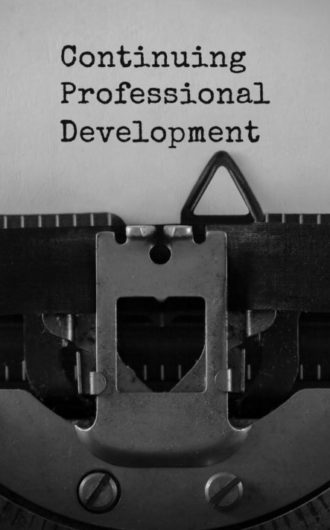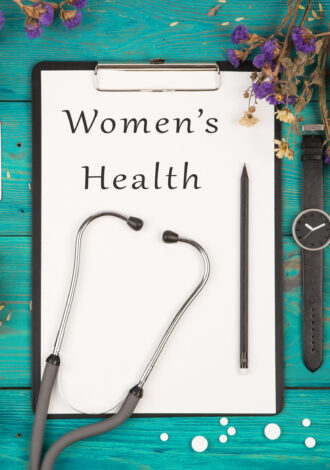Lose weight. Eat healthier. Exercise more. Make tea. Wait. Is that last one not on your “new year, new you” resolution list? Here’s how including it could help you achieve better health this year.
“Tea itself has a wide range of well documented health benefits from the antioxidant polyphenols to its abilities to boost our mood, relax, and relieve stress,” says Cynthia Gold, longtime local tea sommelier, most recently at the former L’Espalier. And, if you’re occasionally looking to elevate your afternoon teatime, you’re in luck: Boston offers several elegant venues to choose from.
However and wherever you take your tea, beginning a daily tea ritual can bring calm and comfort that lasts beyond the last drop. “Tea rituals are most often about taking that extra time to enjoy the experience. The very act of carving out some time in your busy day to steep and then sit and relax over a cup of tea is likely to have a significant emotional benefit,” adds Gold.
A Sip-a-Day to a New Good Habit
Since all rituals are just habits that are reinforced by the emotional benefit or some other reward they provide, enjoying a steaming cup of your favorite green, black, white or herbal tea could be an easy add. That’s because habits that stick deliver immediate rewards, according to author James Clear in “Atomic Habits.” He advises, “Choose the form of the habit that brings you joy in the moment, because if it has some immediate satisfaction, you’ll be much more likely to repeat it.”
Tea’s health and relaxation benefits make a strong case for adopting it as a 2019 habit. Plus, the physical act of making tea — boiling water, choosing a favorite mug and type of tea, pausing to steep, sip and enjoy it — can provide the break you need to recalibrate other behaviors you want to modify. Clear advocates that the key to forming a new habit is to start small, with his “two-minute rule.” For instance, if your goal is to read a book a month, begin by reading a page or two a day.
Tea and 2020
So, a daily cup of tea has intrinsic benefits I like. But, how does it help me eat healthier, lose weight, or exercise more — these, the most common New Year’s resolutions?
“It’s not like there’s something magical about Dec. 31,” explains Charles Duhigg, the author of “The Power of Habit.” “What is magical is our mind’s capacity to create new narratives for ourselves, and to look for events as an opportunity to change the narrative.” As January 1 is considered a fresh start by many people, Duhigg emphasizes that New Year’s resolutions can be “very, very powerful.”
Rather than “breaking” bad habits, he advocates transforming them into better ones. To do so, you need to identify your habit’s trigger, or cue, and its reward. Then, find a new behavior that satisfies both. Duhigg says cues usually fall into one of five categories — time, location, people, emotion, or ritual — but rewards are more difficult to determine: Do you always go to the cafeteria for an afternoon cookie because you’re hungry, bored or because you crave social interaction? To determine an effective replacement habit, it’s vital to understand the reward your behavior delivers. “Any habit can be diagnosed and shifted,” says Duhigg, “but you need to give yourself time to figure out the cues and rewards that are driving the behavior.”
Here’s where a daily tea break can be used as a life hack, an opportunity to evaluate a behavioral change you’d like to shift. “Habits are not a finish line to be crossed,” urges Duhigg, with advice to be patient and experiment to find what works for you. “They’re a lifestyle to be lived.”
Now, imagine it is New Year’s Eve 2020. What small changes did you make in 2019 that added up to a healthier, happier you? Maybe enjoying a soothing daily cup of tea became one of them.



 3 min read
3 min read


